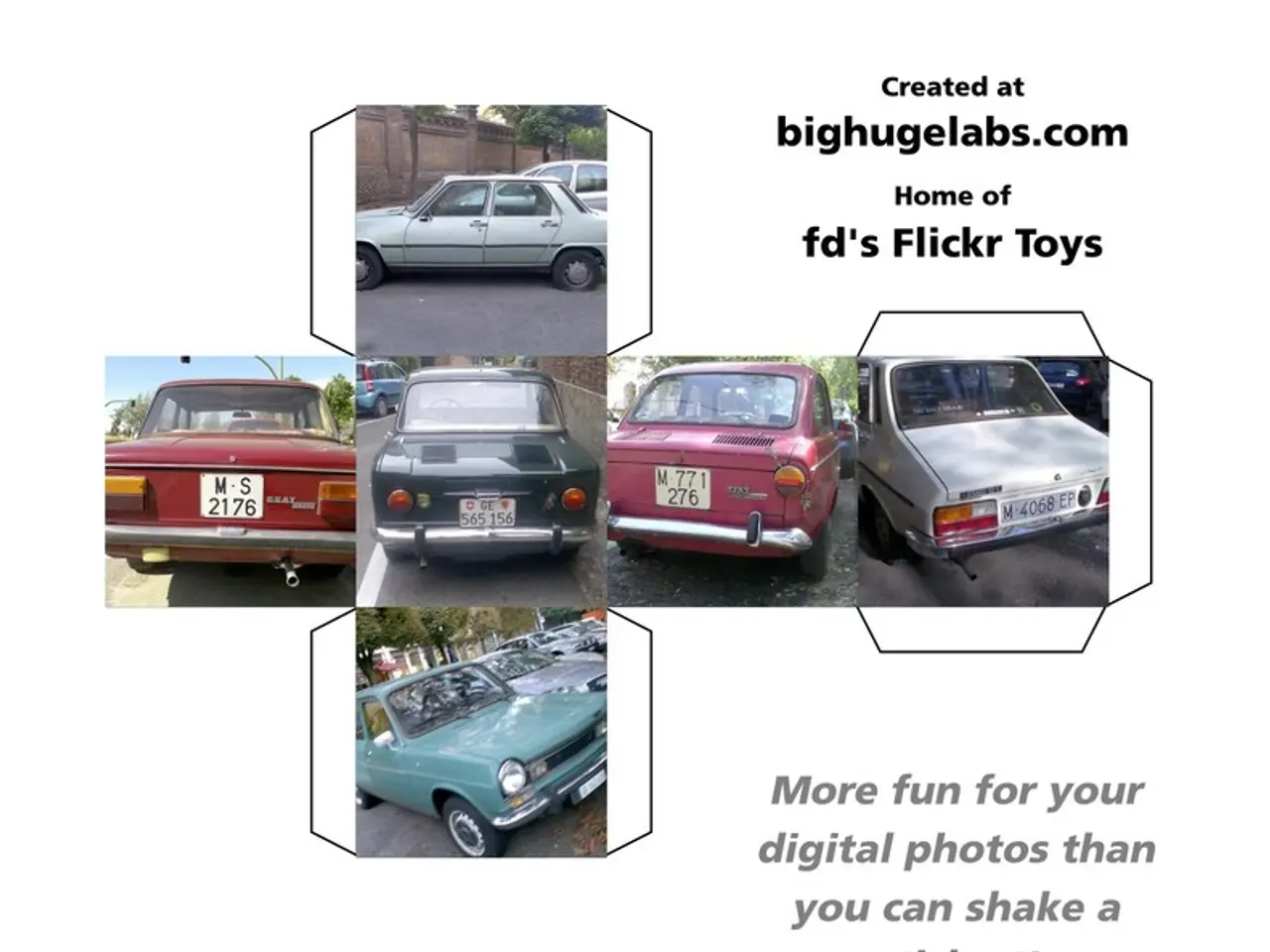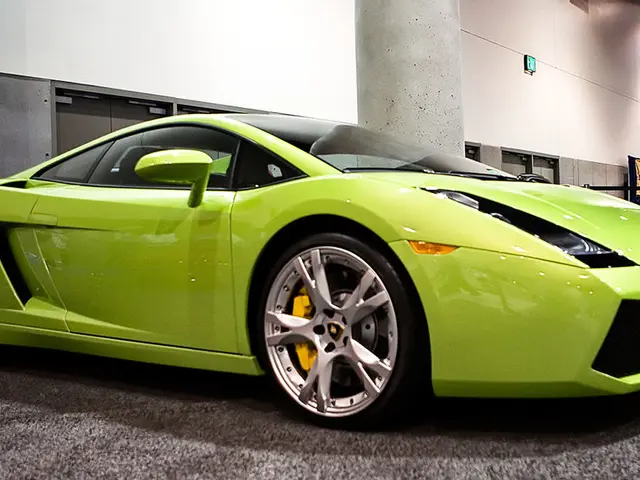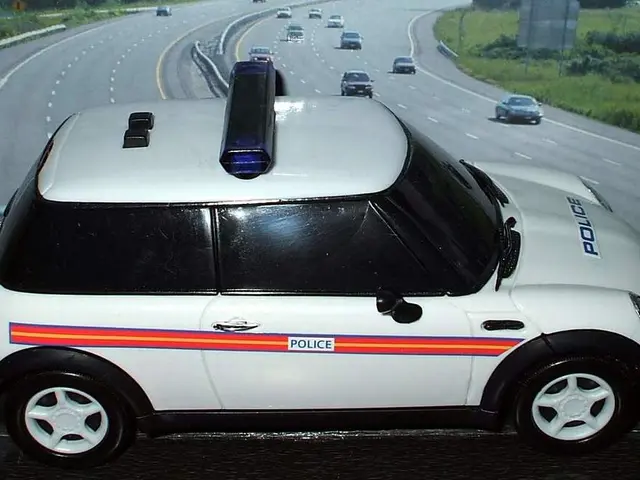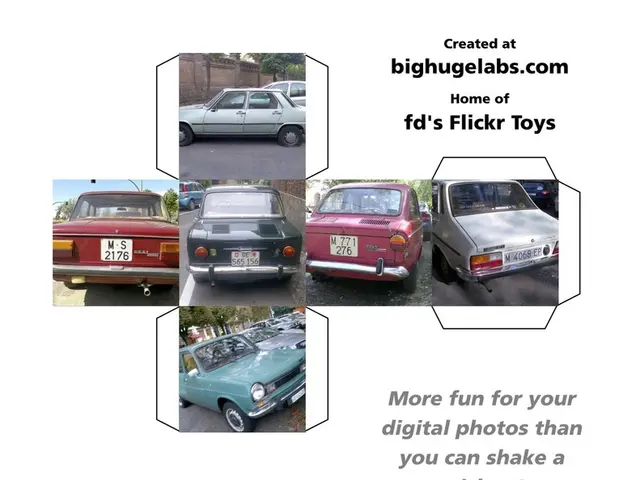FCV Sales Plummet in U.S. and Japan Amid Infrastructure Challenges
In 2023, sales of hydrogen fuel cell vehicles (FCVs) in the U.S. and Japan have plummeted, raising questions about the future of this eco-friendly technology. Toyota's Mirai and Hyundai's Nexo, the market's leading FCVs, have struggled to gain traction despite their potential to reduce emissions.
In the U.S., only 2,978 FCVs were sold in 2023, with the Toyota Mirai accounting for the majority at 2,737 units. The Hyundai Nexo managed to sell just 241 units. This dismal performance reflects a broader trend: FCV sales have been sluggish in the U.S., with California, the epicenter of green vehicle adoption, seeing a 72% drop in the fourth quarter of 2023 compared to the same period in 2022.
The primary challenge lies in infrastructure. Despite California having 75 hydrogen refueling stations, many face operational issues. Nationwide, there are only 100 such stations, making long-distance travel in FCVs difficult. The lack of infrastructure, coupled with soaring hydrogen prices—up to $36 per kilogram—has led to an 80% drop in Toyota Mirai sales in California in the fourth quarter of 2023.
Internationally, Japan, once a leader in FCV sales, has also witnessed a significant decline. In 2023, only 422 hydrogen cars were sold, an 83% decrease from two years ago.
The future of hydrogen fuel cell vehicles hinges on advancements in technology and infrastructure to make them more affordable and accessible. With consumer interest waning due to high hydrogen prices and inadequate refueling stations, the automotive industry must address these challenges to reignite momentum in FCV sales.
Read also:
- Specialist Banks Top AUTOHAUS Bankenmonitor 2025 in Customer Satisfaction
- Over 5,600 Road Safety Violations Caught in Manchester Trial
- Increase in Electric Vehicle Charging Stations Across U.S., But Is It Sufficient?
- Tesla's Semi-Truck enters partnership with Uber Freight, aiming to accelerate the usage of electric trucks.








